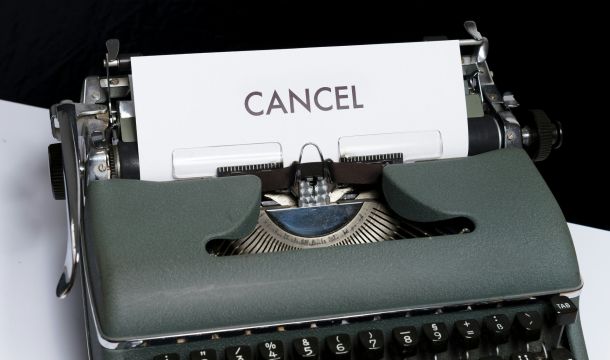Defenses to Employers from Employee Claiming Infection of the Coronavirus on the Job
Employers, along with other establishments all across the country, fear operating under circumstances where employees may claim they became sick with COVID-19 by contracting the Coronavirus at work. In most states, outside of certain healthcare workers, the federal and state executive orders do not grant any immunity to employers from such claims.
Nevertheless, a study of certain state laws, like Georgia, reveal numerous defenses to an employer should such a claim arise. The main defense to court liability would be the exclusive remedy provisions of the workers' compensation laws of virtually all of the states. Under such systems, an employee contending that he or she got injured or sick at work, can only seek compensation by bringing a workers' compensation claim, known as the "exclusive remedy" concept. Some states have exceptions for willful safety violations, or in some cases for claims against managers and supervisors as opposed to the employer itself.
Not immediately apparent is that in many states, like Georgia, the exclusive remedy concept prohibits access to the court system for claims, even where the injury or sickness does not result in a compensable recovery under workers' compensation. In general, for example, in Georgia, diseases are not compensable unless they result from an accident. Even in those situations where occupational diseases are part of the workers' compensation system, there may be defenses unless the disease "is not an ordinary disease of life to which the general public is exposed," or "is not of a character to which the employee may have had substantial exposure outside of the employment."
The bottom line is that in a state like Georgia, an employee claiming the acquisition of COVID-19 at work, may be barred from a court claim, and yet also barred from recovery under the workers' compensation system.
Related Content
Get Email Updates
Recent Content

TPS Update (as of 2/6/2026)

Job Interviews Can Be a Good Selection Device

Suggestions on How to Diffuse a Tense Situation

Employers Blame Unions for Recent Shutdowns

$27 Million Verdict against Employer on Disability Discrimination over Refusal to Return Employee to Work



